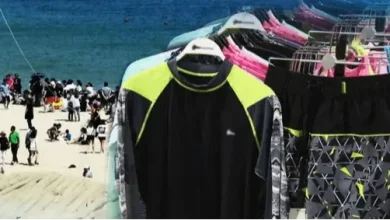Top 10 Most Controversial 18+ Films at Cannes in the Last Decade (Part 1): Walkouts, Outrage, and Ethical Dilemmas
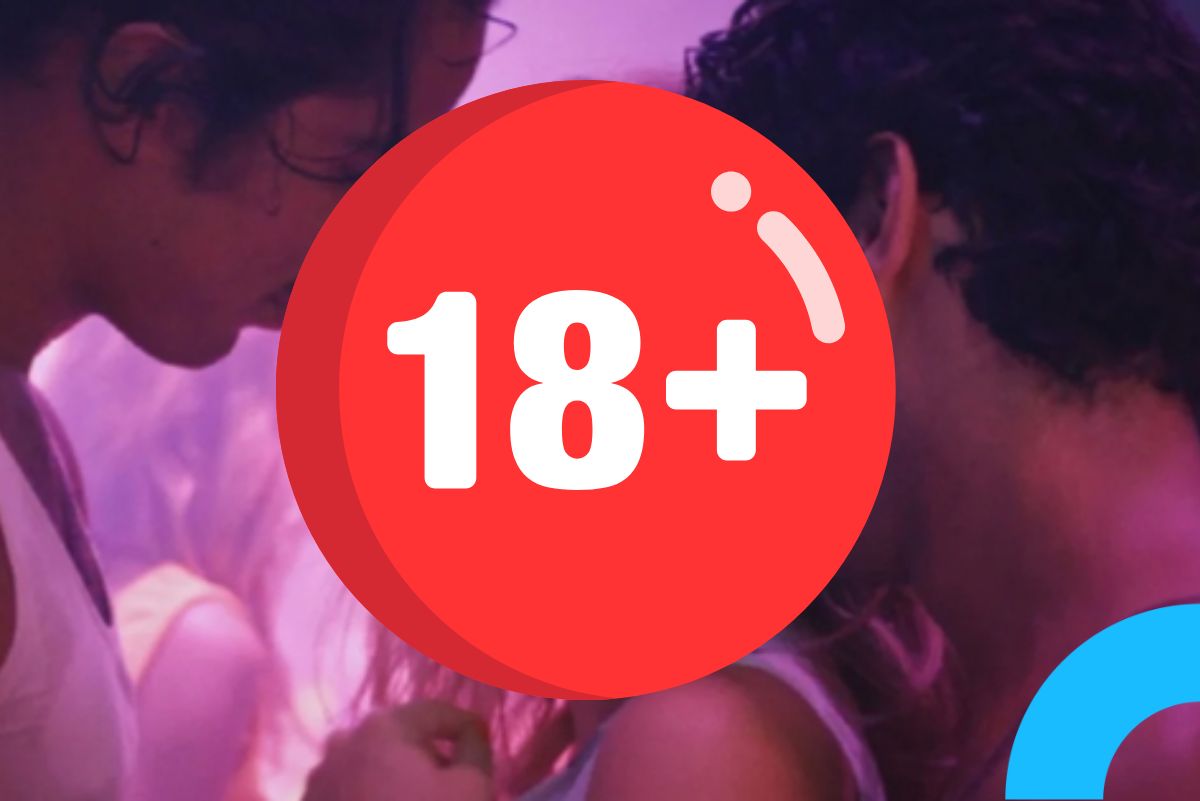
Over the past decade, the Cannes Film Festival, one of the world’s most prestigious film events, has become ground zero for heated debates about artistic freedom, provocation, and the ethical boundaries of cinema. From full-blown walkouts to accusations of exploitation, here are five of the most controversial 18+ films screened at Cannes between 2014 and 2024 — each one a bold, divisive chapter in contemporary film history.
1. Mektoub, My Love: Intermezzo (2019)
Directed by Abdellatif Kechiche, who previously won the Palme d’Or with Blue is the Warmest Colour (2013), Intermezzo became one of Cannes’ biggest scandals. The film featured an explicit, nearly 13-minute sex scene in a dimly lit bar, shot non-simulated and in excruciating detail.
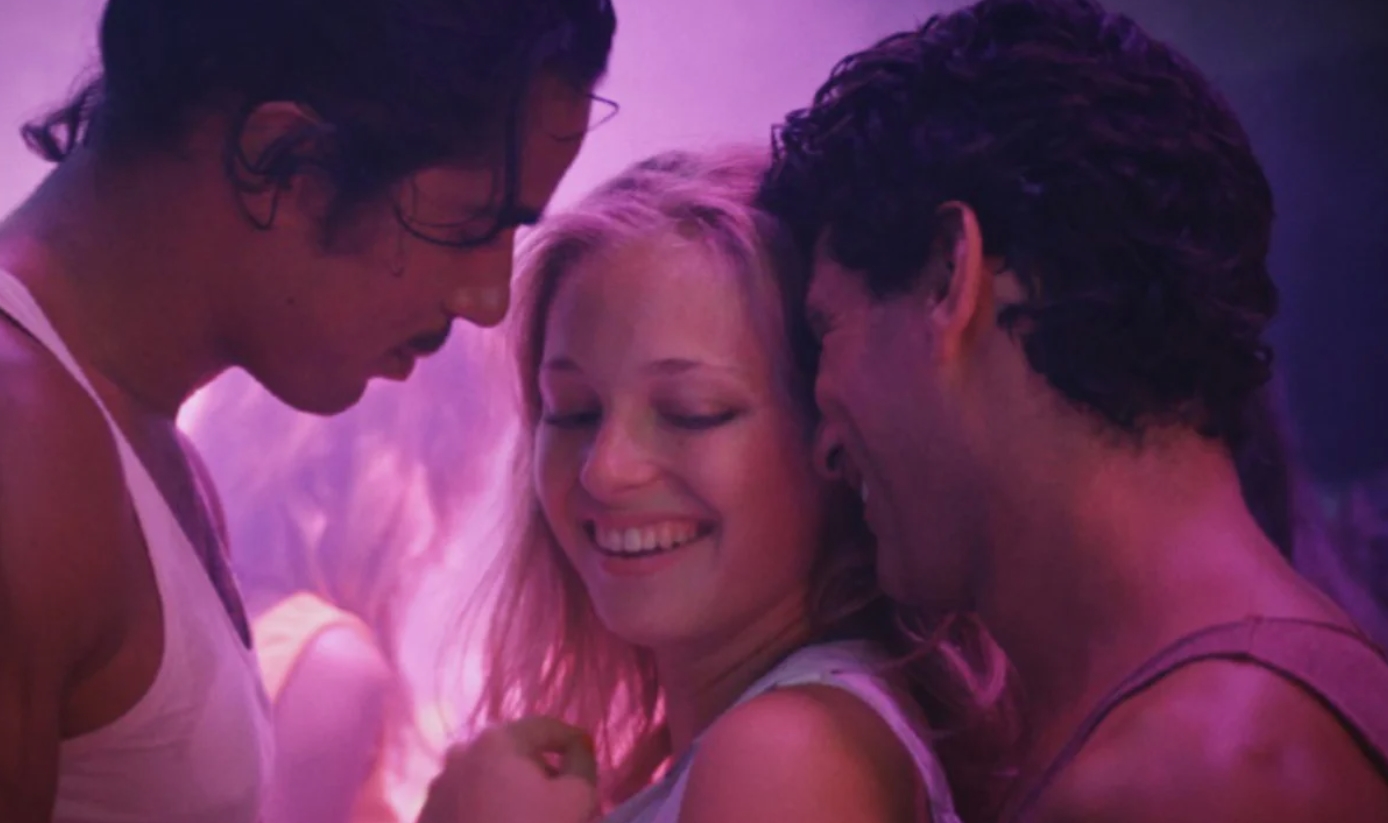
Audience members walked out mid-screening, and critics condemned the film for blurring the line between art and pornography. Actress Ophélie Bau left the premiere and later revealed she wasn’t shown the scene beforehand, expressing discomfort and a lack of control during filming. Anonymous sources even accused Kechiche of using alcohol and extended shoot times to pressure actors. The film was never commercially released and remains a stain on the director’s reputation.
2. The House That Jack Built (2018)
Lars von Trier made his controversial return to Cannes with this gruesome tale of a serial killer. The film includes graphic scenes of child murder, mutilation, and even a scene where human corpses are arranged as artwork. Over 100 people walked out of the screening, as reported by The Hollywood Reporter.
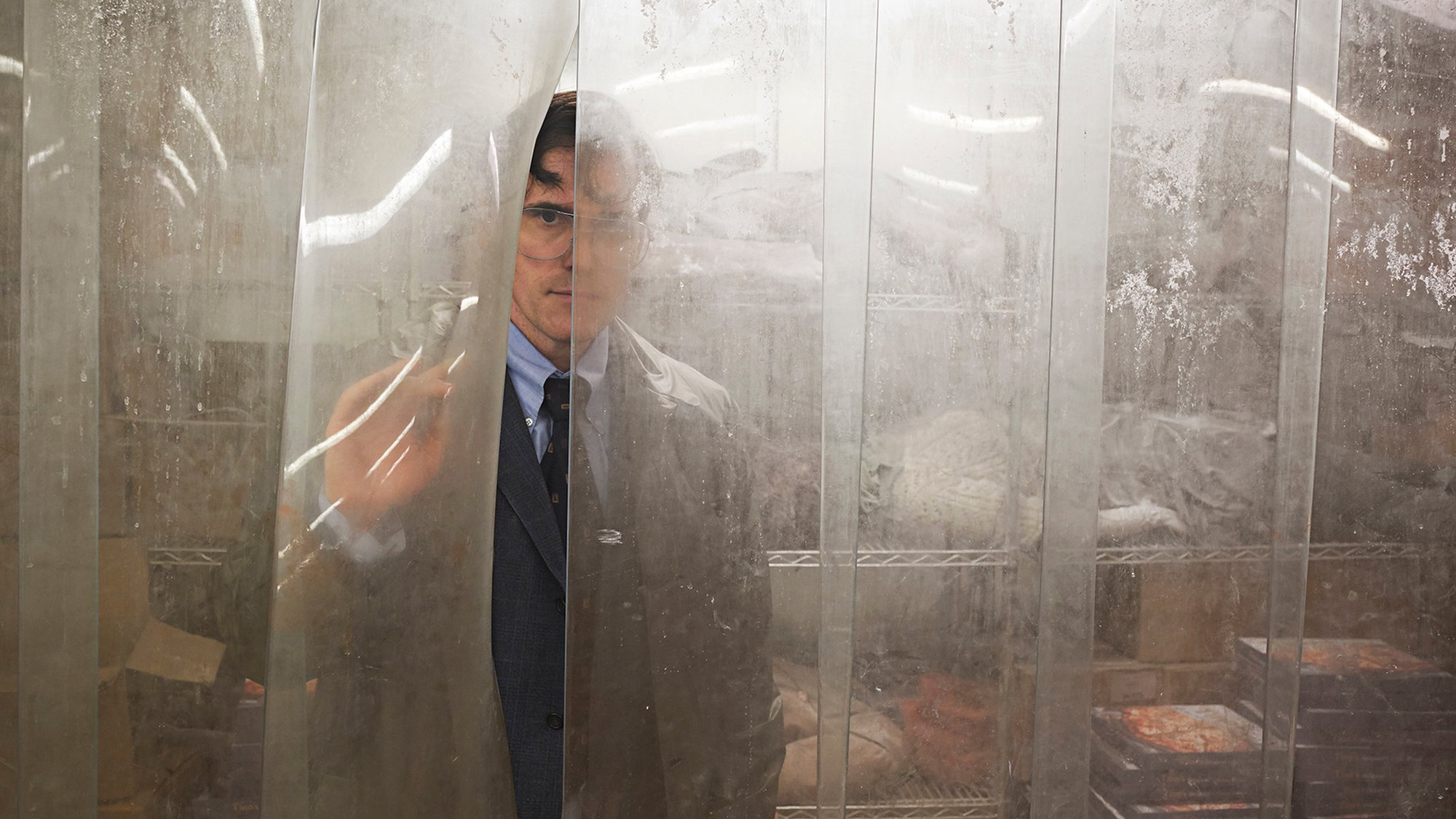
Reactions were sharply divided: some denounced the film as “disgusting and immoral,” while others praised it as a bold exploration of the banality and aesthetics of evil. Cannes had, once again, become a battlefield for art and ethics.
3. Blue is the Warmest Colour (2013)
Though it debuted a year before the 10-year window, the aftershocks of Blue is the Warmest Colour reverberated long after. Celebrated for its raw portrayal of a lesbian relationship, the film also drew heavy criticism for its prolonged, hyper-detailed sex scenes and what many called a “male-gaze-driven” perspective.
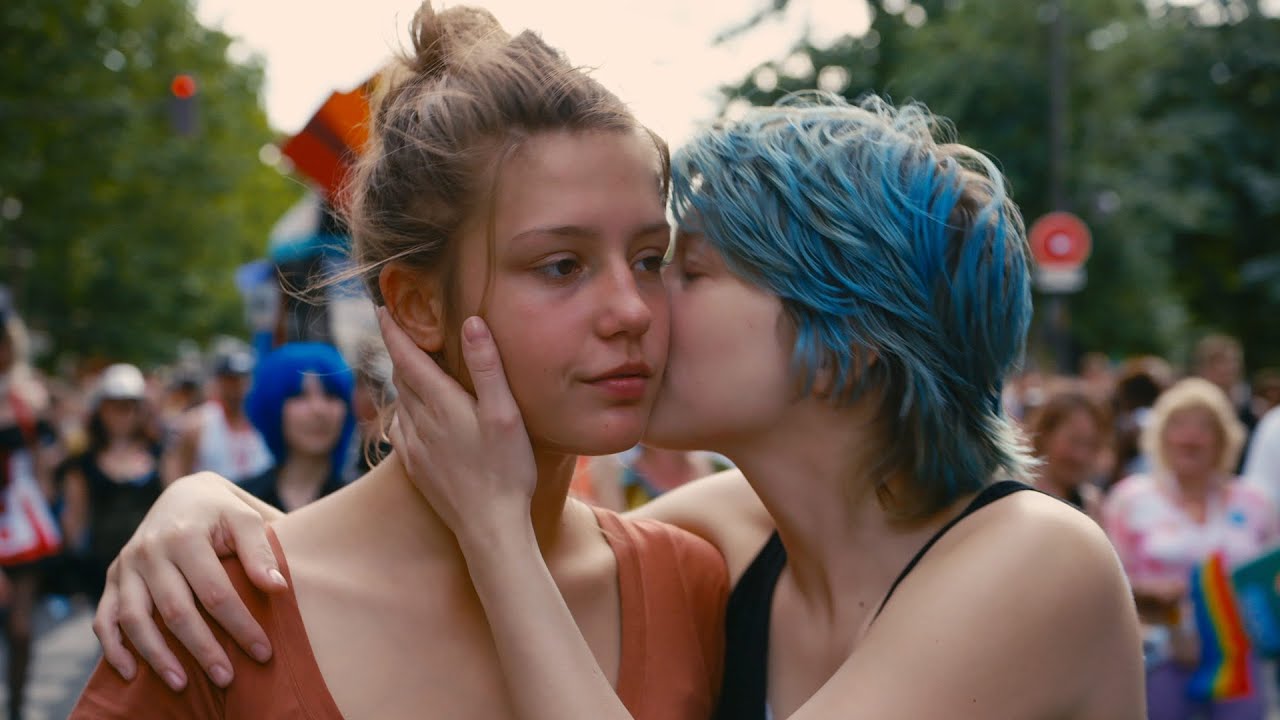
Leads Léa Seydoux and Adèle Exarchopoulos later described the 6-month shoot as “a nightmare,” citing excessive control by Kechiche, especially during intimate scenes. The film remains a case study in how the line between emotional realism and exploitation can blur under the guise of artistic ambition.
4. Kinds of Kindness (2024)
Fresh from the success of Poor Things, director Yorgos Lanthimos shocked Cannes 2024 with Kinds of Kindness, a triptych of taboo-shattering tales featuring Emma Stone and Jesse Plemons.
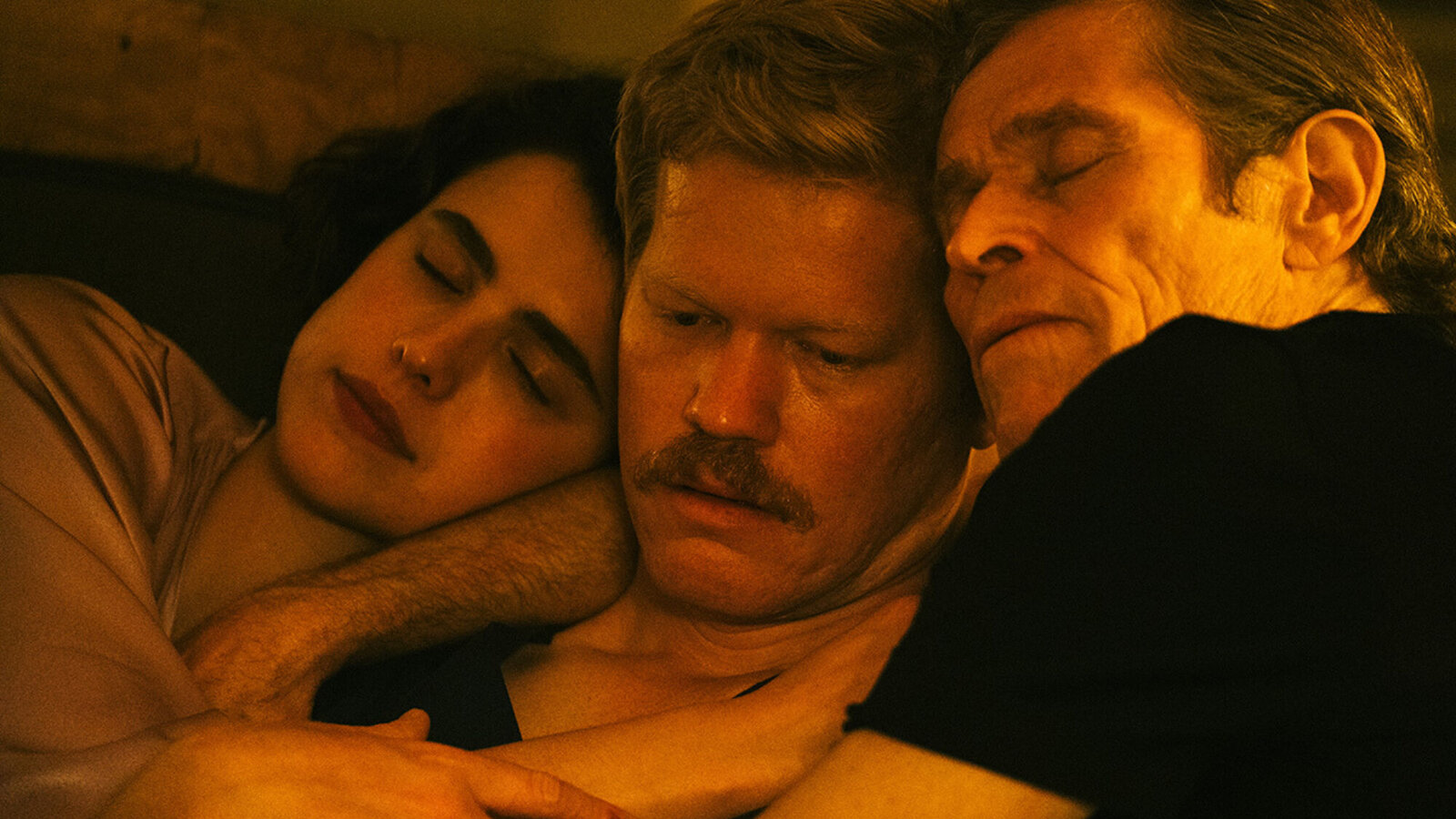
The film includes intense depictions of sex, rape, and even cannibalism—most infamously a scene in which a woman eats her lover’s flesh as an act of devotion. Critics from The Guardian and Le Monde called it “a nightmare portrait of submission,” while others described it as “visual and psychological torture.” Audiences left the theater disturbed and conflicted, cementing Lanthimos’ reputation as a provocateur unconcerned with comfort.
5. Caligula: The Ultimate Cut (2023)
The 2023 screening of a restored version of Caligula (1979) reignited debate over the film’s legacy. Despite new edits aimed at “artistic refinement,” the updated version retained explicit scenes of sex, rape, and brutal violence.
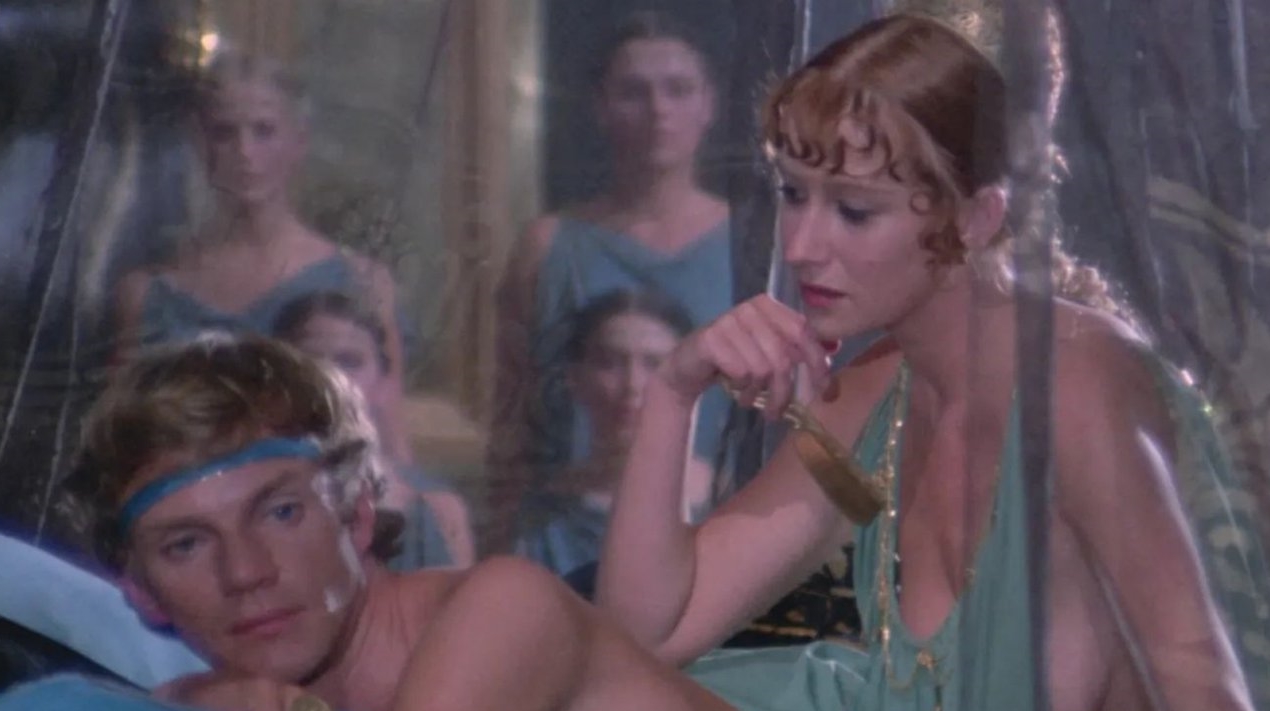
Described by Decider as “an endurance test,” the screening saw audience members leave in silence or visibly upset. The event sparked fresh discussions: Should restored films remain faithful to their original shock value or adapt to modern ethical standards? Cannes once again found itself at the forefront of cinema’s most uncomfortable questions.
Stay tuned for Part 2, featuring five more films that redefined boundaries—and sparked fury—on the world’s most glamorous red carpet.




